
Surgery team, assemble! Its time for veterinarians to let their Super Techs reveal the heroes they were born to be.

Surgery team, assemble! Its time for veterinarians to let their Super Techs reveal the heroes they were born to be.

Emergency and critical care specialist Dr. Garret Pachtinger shares the veterinary monitors he couldnt live without and explains why theyre so vital.

Dr. Robin Downing wants you to see how you can help lead the way to a brighter future for all pets.

From performing blood typing to administering blood transfusions, here are the blood products you should have on hand in your veterinary hospital.

1. Stop staring so much at cats, dogs. (Seriously) 2. Step up. Those patients need your advocacy!

From the smallest, most easy-going cat to the biggest, most rambunctious dogevery pet deserves a household that's fun, stimulating and encourages exercise.
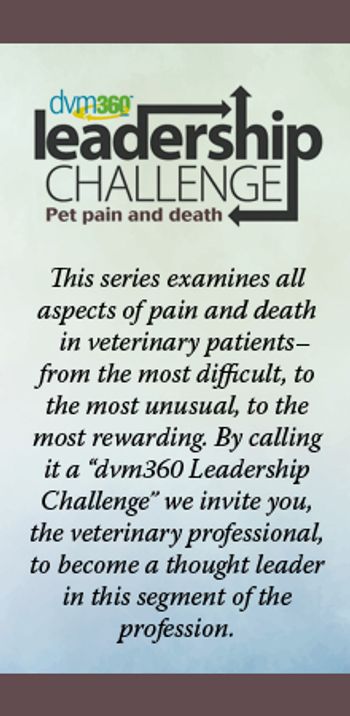
Every dying pet deserves a plan. Consider these inspiring case studies and tips for to illustrate the power you have in veterinary medicine to help pets live longerwith a better quality of lifefor days, week or months on their path to a peaceful death.

That's your veterinary team and a good client questionnaire. Hear all about it from pain management specialist Dr. Michael Petty.

Elizabethan collars are so four centuries ago. Is it time to step into the present with these new takes on the old solution to post-treatment patients biting or scratching themselves?

You know you must keep records each and every time a controlled substance changes hands or is used on a veterinary patient. CVC educator Mary Berg offers this advice to complete DEA form 222 flawlessly.
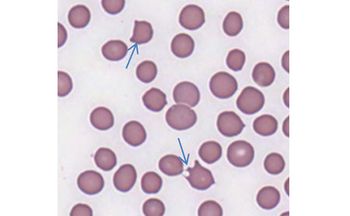
Let's get to the bloody basics of defects in red blood cells, how they can cause anemia and what you (yes, you!) can do about it.


Many cat owners think their full-figured feline freeloaders were made for a life of luxury and ease. Encourage mental and physical exercise with these fast, frugal enrichment ideas.
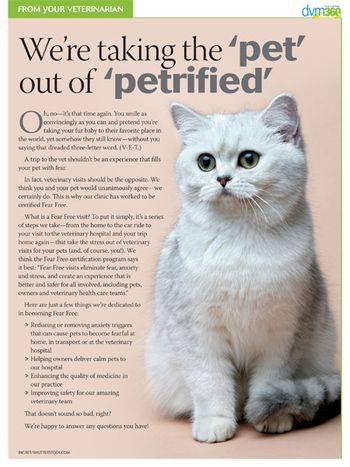
You need to give an elevator speech to clients about your Fear Free certification. Let us do the talking for you.

Over and over again, we veterinarians hear it from our clients: Our pets die better than we do. In many cases, theyre right.

Pet owners need hospice and euthanasia help in your patients rough moments. Brush up on your client communication and manage these exam room and home encounters right.
![confused-network_v1[2].gif](https://cdn.sanity.io/images/0vv8moc6/dvm360/5790a20b07e1c0eca320e862706cc2db76ce828e-450x200.gif?w=350&fit=crop&auto=format)
When life in veterinary medicine gives you lemons, do you make lemonade ... or you get squished? Find out more about how you see the world with this quick quiz.

Believing you have some control over the events in your life is crucial to happiness and could make a huge difference in your personal life and veterinary career.
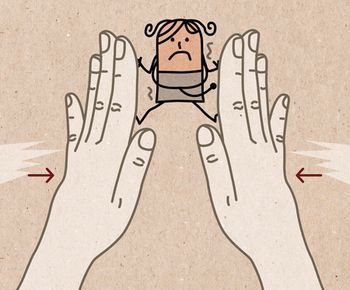
People with an internal "locus of control"who believe that they have control over their destinies and that their actions matterare happier and healthier. But making changes in your life isn't as easy for everybody, and we need to acknowledge that more than we do.
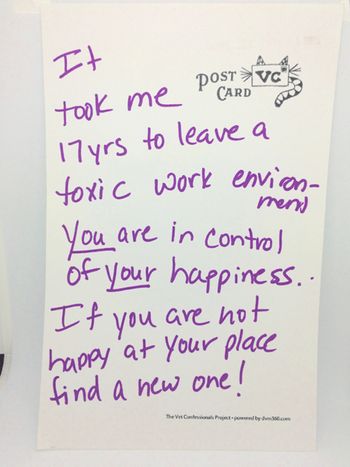
We selected confessions from the Vet Confessionals Project that reflect the feelings of control (or lack thereof) that plague the profession.

Why the hit HBO show has something to teach those who lead in veterinary medicine. Are you Stark, Lannister, a Direwolf or one of those misfit leaders? (Hint: I'm down with Khaleesi.)

For us, veterinary medicine is a form of friendship, and caring for hospice and palliative-care patients is a team activity that asks for attention, care and skill from every single team member in our hospitals.

Veterinary technicians, we know what you're thinking. No, we're not mind readers. It's your, ahem, body language. Here's a quick guide.

... where you inject them after researching some of the biggest names in microchip technology and their current veterinary products to get lost pets home faster.
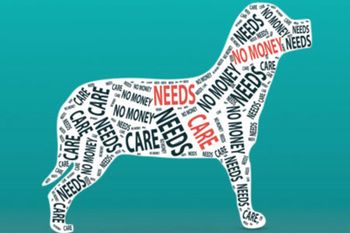
Were taking the guesswork out of your CVC scheduling dilemmas. Heres a list of cant-miss clinical sessions (and on-topic resources you can use today).
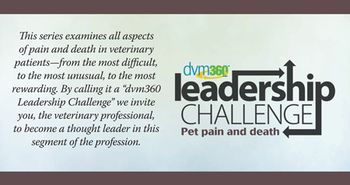
Lap of Love Veterinary Hospice co-founder sets the record straight.

What can you do to help comfort the petand the veterinary clientduring those final days?
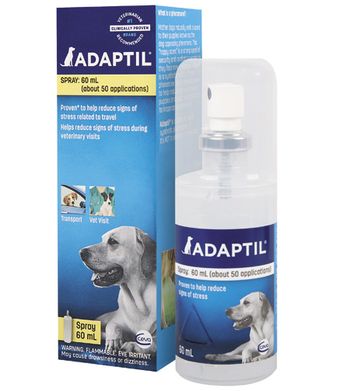
These items help my older patients live more comfortable, pain-free lives. How many do you already use or recommend?

How can you talk to pet owners about euthanasia when their immediate reaction is to flinch away from the very word? Here are some tips to help your veterinary team smooth the transition for clients.
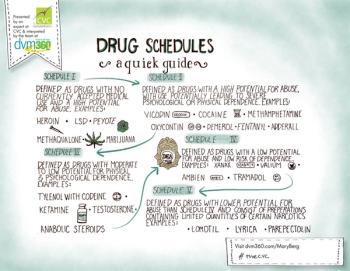
Do you know your drug schedules? Here's a sneak peek of Mary Berg's CVC session.